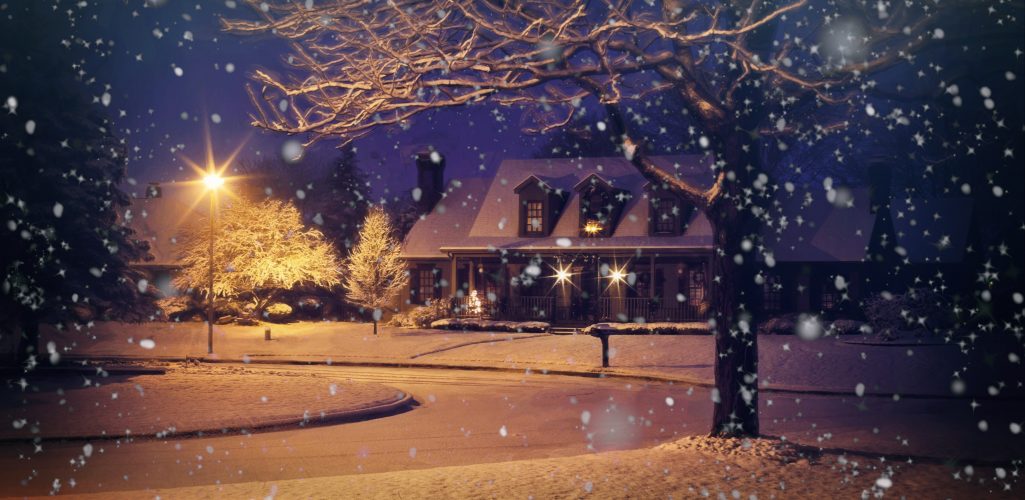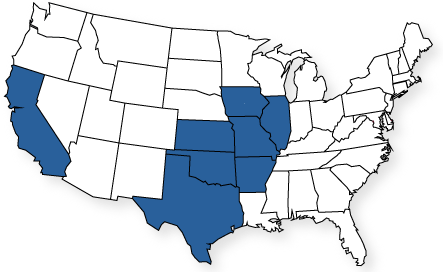When driving to work this morning, I heard on the radio that we are expected to get our first snow fall of the year. Prior to doing insurance, I loved the snow. I loved seeing my children build snowmen and make beautiful snow angels. One of my favorites is seeing excitement on their faces when there are inches of snow on the ground and they find out school has been cancelled due to the snow. However, when I joined the insurance world, snow went from a beautiful occurrence to an occurrence that brought numerous risk, including snow removal, that can be hard to prevent if you don’t have the proper insurance coverages.
According to the American Journal of Emergency Medicine, close to 200,000 are treated yearly for snow shovel-related injuries. These injuries vary from musculoskeletal exertion, slips and falls, to being struck by a snow shovel. Snow shoveling can lead to bad backs, broken bones, head injuries, and even deadly heart problems. An estimated 1600 deaths occur annually from snow shoveling-related injuries. These injuries are more common to occur to males, but children are also at risk as most snow shovel related incidents occurred in and around the home.
To avoid injury to themselves and employees, individuals and businesses hire others to remove snow and ice from walkways, driveways, and parking lots for their homes and businesses. Before hiring someone or a business to remove your snow and ice, there are things you should know and take into consideration before you hire.
For Homeowners – Most people understand homeowner’s insurance covers their dwelling and personal property. However, there are other pieces of your homeowner’s insurance that are built in to protect you if someone was to be injured on your property. Medical Expense or Payments covers medical expense of a guest if they are injured on your property. Your liability limits of your homeowner’s insurance applies if someone is injured or their property is damaged and you are to blame.
- Example – You give $20 to the 12-year-old neighborhood boy to remove snow from your driveway and walkway. In the process of attempting to move the snow, the child slips on the ice. He falls in a way that the shovel hits his head and his leg is also injured. You rush to the child’s aid as you hear crying outside your home. You call his mother who has no idea her child was at your house removing snow. The boy told his mother he was going outside to build snowmen. The child is taken to the emergency room where it is determined he has a concussion and a broken leg. The boy’s injuries result in $23,000 in bodily injury and after the leg heals will require physical therapy. The boy’s family does not have health insurance to help pay for the bill, so you file a claim with your homeowner’s insurance. In the claims process, you find out your policy only covers $1,000 in medical payments. In order to get the medical bills paid for, your neighbor sues you.
For Businessowners – Under your general liability policy, there is a section for Medical Expense or Payments. The limit is typically written “Any One Person” and can range from a few hundred dollars to amounts such as $10,000. Regardless of fault, this coverage pays reasonable medical expenses for bodily injury. For each occurrence your Medical Payments is used, it will reduce the general aggregate limit of your policy.
- Example– You own a business that provides services to customers that require your clients to come into your store. After a snowfall, your parking lot and walkways are covered in snow. You do your best to remove the snow for the parking lot and walkways. However, due to the temperature, the snow melts and then freezes causing ice patches in the parking lot and walk ways. A customer is walking into your store when they slip and fall on one of these ice spots. They are taken to the hospital as they sustained serious injuries from the fall. Your Medical Payment would provide coverage up to the limit on the policy. If the injuries sustained are more than you Medical Payment limit, the client would have to sue your business.
Ways to Protect Yourself and Your Business – If you are to hire a professional company with insurance for your snow and ice removal, you can ask to see the company’s Certificate of Insurance, asked to be an additional insured on the policy, or ask to view their Declaration Page to see if Products and Completed Operation is a part of their General Liability Policy. Products and Completed Options provides coverage for the snow and ice removal business for liabilities arising out of their products or business operations that are conducted away from their business’ premises once those operation have been completed. It is critical for a snow and ice removal company to have completed operations liability coverage in the event of a slip or fall claim. Instead of you or your business being held responsible, the snow and ice removal company could be held liable.
Landscaping turned Snow Removal – Many landscaping and lawn care companies will turn to snow and ice removal to supplement their business’s income when they cannot do their normal operations. These companies might have Products and Completed Operations coverage on their landscaping or lawn care section of their general liability policy, but this does not necessarily mean the coverage will extend to their snow removal operations. Business activities or hazards are classified by risk called class codes. If the class code for landscaping or lawn care has completed Products and Completed Operations coverage, the class code for snow and ice removal needs to have Products and Competed Operations coverage as well. These are two different business activities that need to be insured separately on a general liability policy.
Most Insurance Companies Do NOT Like to Insure Snow and Ice Removal – Each insurance company has its own appetite when it comes to insuring businesses. Companies determine rates based on how risky of a business operates are and the claim statistics for the class codes. Many companies are accepting of landscaping or lawn care business, but do not want to insure snow and ice removal. Some companies are accepting of minor risk like residential and small office where there is not much foot traffic (aka not a high risk for slip or falls). However, if the company is removing ice and snow from large parking lots such as hospital, retail stores, and schools, there are limited options on insurance companies willing to take on the risk. Therefore, it is so important to see what kind of insurance the company you are hiring has.
Other things to Consider –There are many individuals who own trucks that will attach a snow plow and hitching equipment to their truck for use of snow and ice removal. If it is their personal vehicle, their policy needs to be classified for “Business Use” or there might be an issue when it comes to claim time. Additionally, snow plows and hitching equipment are optional equipment that does not come standard on a vehicle, so these items must be insured as additional equipment. If these items are used in snow and ice removal but the insurance company is not aware or these items, it can cause issues during a claim.
- Example –You hire an individual to remove snow from your driveway. You park your cars on the street as you know you won’t be able to get out of your driveway with the amount of snow that is expected. In the process of removing the snow, the driver accidentally hits your parked car with his snow plow. In the claims process, you find out the individual only has person auto insurance and the insurance company was not aware the vehicle was being used for business purposes and had a snow plow attached. The insurance company deems the claim as not their responsibility as the individual was not insuring the vehicle for business purposes and the plow was not insured on the policy. In order to get the damage covered to your vehicle, the individual you hired must pay for the damages out of pocket or you might have to sue to cover the damages.
How to Make Sure You are Protected – Having a licensed insurance agent look over your home and business policies is the best way to know if you are protected for the risk arriving with the snow and ice. We are happy to look over your homeowner declaration pages to show you what Medical Payment and Liability limits are on your policy and provide our professional recommendation for your individual situation. For your business, we would gladly look over your current policy to verify you have the coverage you believe you have. In most cases, we find businessowners think they are insured for much more than what their policy actually provides. It is important to know what your policy entails prior to claim time. If your business provides snow and ice removal or you have vehicles that have snow plows or hitching equipment, we have access to companies that will write polices to provide Product and Completed Operation and Additional Equipment coverage for the hazards that face your business.
Stay Safe and Happy First Snowfall!




